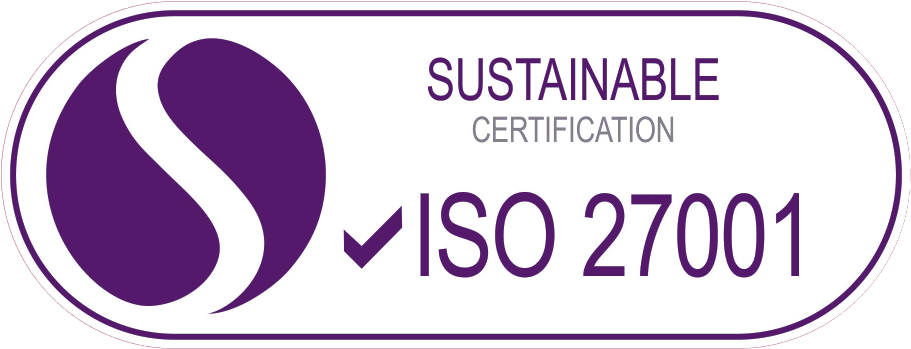In a recent feature for Inside Small Business, our CEO Mark Waller shared his take on what Labor’s election win means for small business.
His message? There are helpful moves on the table, but we’re still missing the certainty and practical access small businesses need to plan with confidence.
Policy Promises vs. Real-World Pressures
With the Albanese government returned to power, small business owners are once again weighing up how policy announcements stack up against real-world pressures including rising costs, growing compliance, and the ongoing challenge of staying profitable.
Instant Asset Write-Off: A Mixed Blessing
One of Labor’s headline measures, the extension of the $20,000 Instant Asset Write-Off (IAWO), has been welcomed by some, but Mark is cautious about its long-term value.
“Labor’s extension of the $20,000 instant asset write-off offers short-term relief, but for many small businesses it’s not enough. The risk is that it encourages spending purely to reduce tax, rather than driving genuine business value. Owners should be wary of tax-time pressure and focus on purchases that truly support their operations.”
Mark also cautions that:
“Tying major purchases to tax offsets can put unnecessary pressure on cash flow, especially if the expense isn’t aligned with actual business needs or seasonal income.”
Digital Skills and Technology Investment: Great Intent, Poor Access
Labor’s promises around digital skills and technology investment also got Mark’s attention, saying that while the intent is solid, the reality is often too complex for time-poor operators.
“Access is usually the stumbling block. In practice, these programs often require too much admin or fall outside the capacity of everyday operators. Small businesses should hold off on digital investments until the funding pathways are clearly laid out. For example, a business might invest in a new CRM or point-of-sale system expecting partial reimbursement, only to find the grant application is closed, oversubscribed, or requires time-consuming paperwork they can’t prioritise.”
That kind of disconnect (between the idea and the execution) isn’t new, but it’s increasingly frustrating for small business owners who want to grow but keep hitting barriers.
Penalty Rates: A Pressure Point for Small Businesses
Another challenge lies in Labor’s continued support for penalty rates.
“Labor will protect penalty rates for workers, continuing to put pressure on small business and potentially leading to inflation or shutdowns,” Mark noted. “To position for this, small business should assess whether they’re able to increase prices when penalty rates are applied.”
The concern here isn’t about fair pay. It’s about whether small businesses have the margins to stay open, especially during weekends or holidays where wage loading kicks in.
Cost-of-Living and Energy Relief: Long Timelines, Limited Clarity
It’s worth noting that despite cost-of-living relief measures and energy subsidies promised by Labor, many of these programs have a long lead time or complex eligibility criteria. Mark’s view is clear: short-term measures are fine, but real progress comes from clear, stable policies that make planning easier.
“Every step in the right direction helps,” he says. “But small business owners need more than announcements. They need execution, clarity and room to plan. That’s what builds confidence.”
Key Themes Raised by Other Business Leaders
Other business leaders featured in the Inside Small Business article also pointed to important themes for small businesses to consider moving forward:
- Rising compliance demands hitting sole traders and microbusinesses, particularly around workplace laws and ESG reporting. Solo operators struggling to keep up with new obligations without the systems or staff to manage the extra admin load.
- Energy efficiency schemes were welcomed in theory, but there’s concern over accessibility and whether the support will be enough to cover upgrade costs.
- Cautious optimism around digital funding and upskilling programs, though several noted that complexity in the application process often discourages uptake.
Where to Read More and Get Support
You can read more of Mark’s analysis in the Inside Small Business article on post-election priorities for SMEs.
Plus, we should note he was also invited to contribute to the conversation around the same topic for Dynamic Business.
And, no matter what your situation is, if you’re looking at a better, simple way to manage your tax, finance, insurance and business admin, visit One Click Life, and see how we can help you cut through the complexity and get back to running your business.


